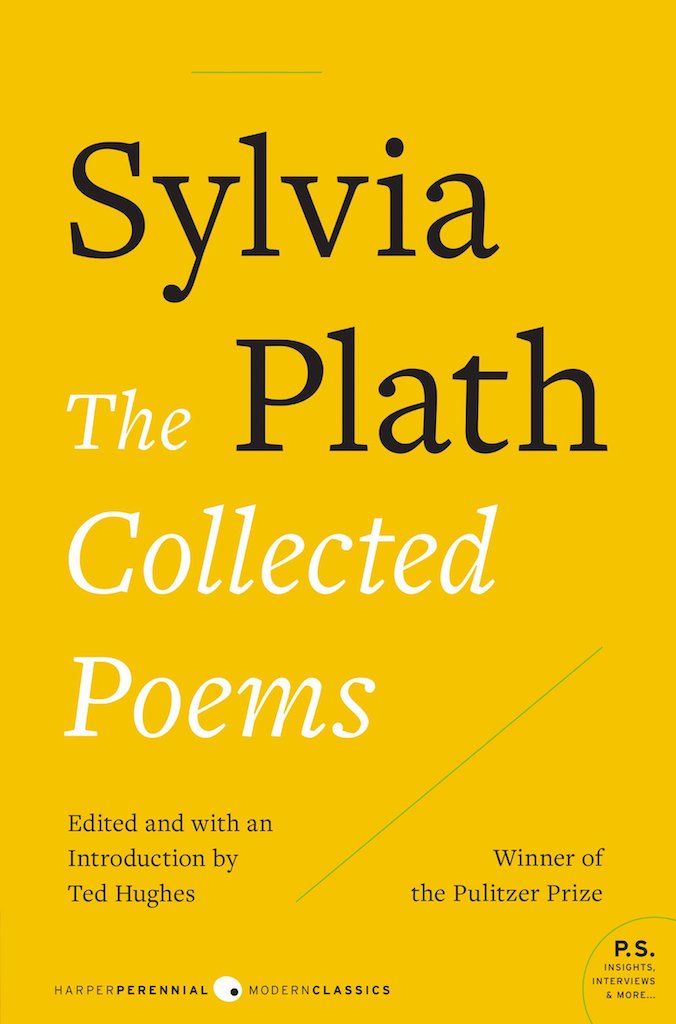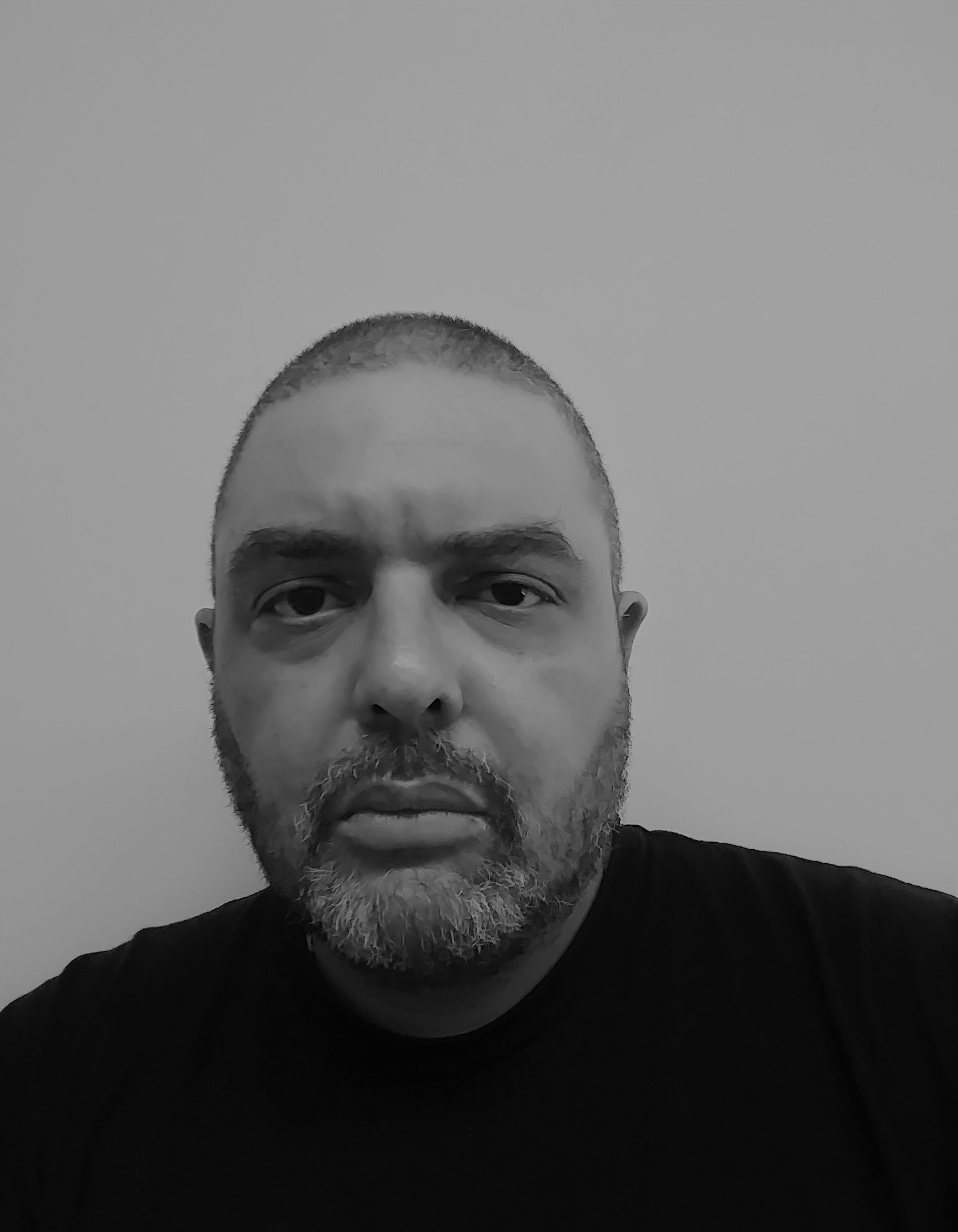Probably because it was about a teen who kills himself, some adult, probably a teacher, at Aloha High School in Aloha, Oregon, thought it would be a good idea to show the 1984 made-for-television drama, Silence of the Heart, to us students, us teens, probably most of us at least a little sad, and some of us, me, at least, depressed, on October 25th, 1990, the 590th anniversary of the death of Chaucer. I was in the 10th grade, had just turned 15, and had given up on life five years previously. By this time, I had no intention of doing anything with my remaining time on Earth other than becoming a professional skateboarder, which I didn’t really think I would manage to do. But I also didn’t think I would live past 18, so, you know.
I had tried writing a poem once, a few days, or a week, or maybe even a month before I was shown Silence of the Heart, an early starring vehicle for Charlie Sheen, which was released the same year as Red Dawn, a movie I loved when I was a kid, probably because I secretly loved the fantasy of not having to live in my home anymore but also missing my home and fighting to get it back. But since I hadn’t paid attention in school since I was 10—I turned 10 the year after Silence of the Heart and Red Dawn were released—I didn’t really know what a poem was, and so had begun my attempt with “Roses are red, violets are blue.” I mean, that’s how I thought poems were supposed to start, were supposed to sound. (And, metrically speaking, that line actually does sound interesting—iambic tetrameter with an initial trochaic inversion, a medial trochaic inversion, and an elision in the first syllable of the second trochee. That ain’t bad.) But I had only made the one attempt, and by the time I sat down to watch Silence of the Heart, that one attempt was gone from my mind.
Most of the movie, like most other things in life at the time, escaped my attention. But in one scene, if I remember correctly, the sister of the teen who killed himself eulogizes her brother on a school broadcast, in defiance of school authorities, reciting a few lines from Sylvia Plath’s “Lady Lazarus” as she does so:
Dying
Is an art, like everything else.
I do it exceptionally well.
That was all I needed. Yes—I did feel as if the top of my head had been taken off. I was desperately goth at the time, and those lines were the gothiest thing I had ever heard. And hearing them re-configured my ideas about what a poem could be. No roses! No violets! That day, I wrote eight poems. Thankfully, I don’t remember any of them—except the very first one. I called it “Dying Is an Art,” and ended it with the line: “And the artist is me.”
But my life had just begun.




